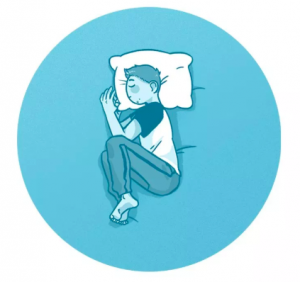If you suffer from diabetes, or have a family history of diabetes, you may be confused as to why your provider always asks you to take off your shoes. Health professionals often test your nerve sensation with a monofilament, to test how finely you can sense or distinguish touch. It is important to monitor the condition of your feet because loss of sensation could potentially lead to an inability to sense injury or infection to the feet. Neuropathy, or nerve damage, often feels like a burning or tingling sensation accompanied by the inability to sense heat, cold, sensation, or pain. Nerve damage may also lead to complications in the nerves regulating the moisture composition in your feet.

High blood glucose combined with poor circulation and hardening, narrowing blood vessels leads to more pooling of blood in lower extremities. This is particularly seen in lower extremities because they’re under far less pressure from the heartbeat than the upper body. As the blood is pooling, it is not being effectively filtered out in the lymphatic system, leaving unwanted pathogens to be present in circulation for longer periods of time.
More factors affecting your feet

Prevention Techniques:
- Controlling your diabetes!
- Wearing socks and shoes: protect your feet from injury and outside bacteria!
- Wear Shoes that fit you: prevent blisters and other potential for infection!
- Be active: improve your circulation by getting in your daily exercise!
- Get a pedicure: make sure your feet are clean and your toenails are trimmed!
- Wiggle your toes: Keep your nerve connections intact by using them more! This makes your connections stronger and less likely to deteriorate.






